
Prabodhini Ekadashi is celebrated at the end of the four months of Chaturmas. It is also known as Dev Utthan Ekadashi. It is the eleventh lunar day in the bright fortnight (Shukla Paksha) of the Hindu month of Kartik (Nov-Dec). Chaturrmas is the time when Bhagwan Vishnu goes into yoga nidra (slumber). The Vedas inform that BhagwanVishnu rests on Shayani Ekadashi (‘Shayan’ means ‘sleep) and wakes on Prabodhini Ekadashi. ‘Prabodhini’ means ‘Awakened’, thus giving this Ekadashi the title 'Prabodhini Ekadashi' meaning 'awakening eleventh'.
What is Prabodhini Ekadashi? | Prabodhini Ekadashi Meaning
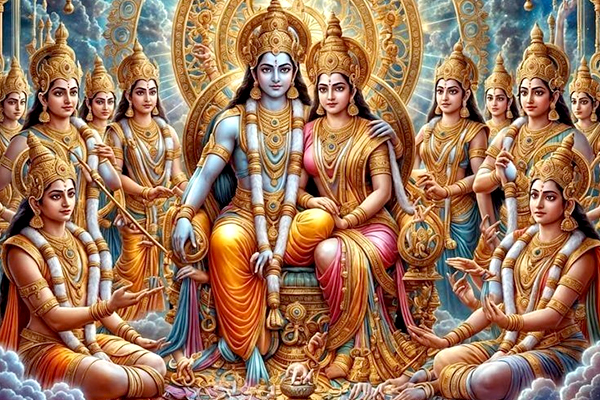
According to Hindu scriptures, Bhagwan Vishnu went into a deep sleep in the Milky Ocean (Ksheer Sagar) for four months, known as Chaturmaas. During this period, all auspicious activities were prohibited. However, with the arrival of Dev Uthani Ekadashi, this four-month period comes to an end, and Bhagwan Vishnu, the preserver of the universe, awakens. This marks the resumption of all auspicious activities such as marriages, engagements, Mundan, and Griha Pravesh.
Dev Uthani Ekadashi is celebrated with great enthusiasm and fervor by Bhagwan Vishnu and Shri Krishna devotees across the country. Temples dedicated to Shri Krishna are adorned with flowers and lights to mark this special occasion.
When is the Prabodhini Ekadashi 2026? Muhurat and Parana Time
Prabodhini Ekadashi on Friday, November 20, 2026
On 21 st Nov, Parana Time - 07:20 AM to 09:13 AM
On Parana Day Dwadashi End Moment - 06:26 PM
Ekadashi Tithi Begins - 08:45 PM on Nov 19, 2026
Ekadashi Tithi Ends - 08:01 PM on Nov 20, 2026
How to Celebrate & What to do on Prabodhini Ekadashi?

On this day people get up early in the morning and observe fast throughout the day. Those who are married can observe fast on the first day only (October 31) and those who are sanyasis (renunciates), staunch devotees and widows may observe fast on both days (Oct. 31 and Nov. 1).
One can also perform the marriage ritual of Tulsi plant with Shaligram stone that represents Bhagwan Vishnu. It is said that Bhagwan Vishnu married Tulsi on this day.
You may visit a Vishnu/Krishna temple and offer prayers. If a temple is not around, you can worship Him at your home in the early morning. The idols of Bhagwan Vishnu should be worshipped with sandalwood, flowers, fruits and Dhoop.
You can worship Bhagwan Vishnu by using energized Vishnu Yantras.
One can simply meditate on Bhagwan Vishnu and chant His mantra: ‘Om Namo Bhagavate Vasudevaya’. This powerful mantra was given by Sage Narada to Dhruva Maharaja as described in the Bhagavat Purana ( 4.8.54 ).
You can also chant the Hare Krishna Maha-Mantra on the Tulasi bead.
You can offer flowers and chant Vishnu Sahasranamam (Thousands name of Bhagwan Vishnu). Chanting thousands of names of Vishnu or Vishnu Strotram has a purifying effect on the mind and the body. You can also play it in the morning while you engage in daily work. More details here.
You can also perform a Vishnu Sahasranama Puja under qualified Brahmins. It is a highly recommended activity on this day. The puja includes Vishnu- Lakshmi Abhishek and Pujan, Vishnu mantra Japa- 1100 times, Vishnu Sahasranama Strotra followed by Homa and Aarti.
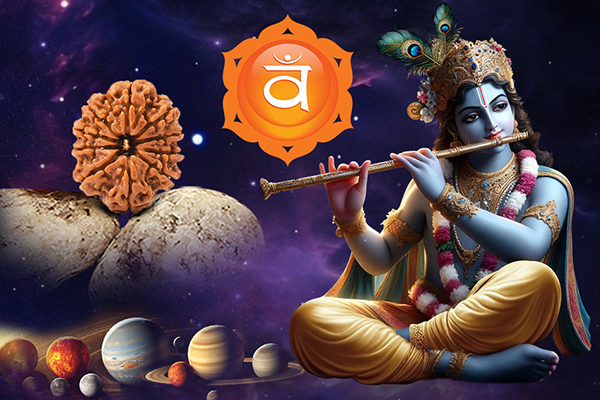
You can wear a Ten Mukhi and a Nineteen Mukhi Rudraksha beads for they are ruled by Bhagwan Krishna and Narayana, respectively. Wearing these Rudraksha beads on this day purifies your inner self and strengthens your willpower. They work like a shield on one's body and the wearer get immense protection from negative energies, evil eyes and psychic attacks.
Prabodhini Ekadashi Puja Vidhi
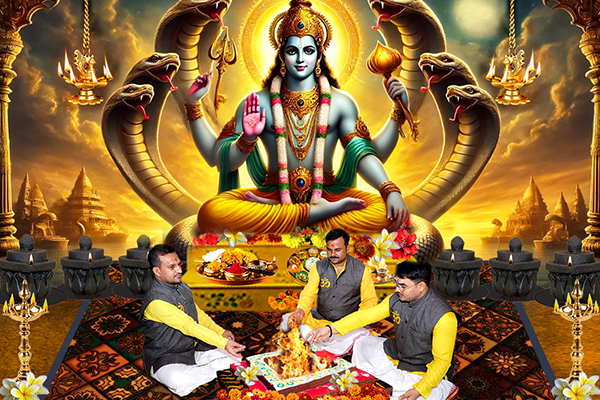
On Prabodhini Ekadashi, rise early in the morning. After you've completed your morning ritual, worship Bhagwan Vishnu. Place a Shri Hari (Vishnu) idol facing east on a yellow cloth. Then, worship Bhagwan Vishnu with devotion. Light a ghee candle and provide flowers and fruit. Chant the mantra 'Om Achyutaya Namah' 108 times. Consume just fruits on Ekadashi. The next day, finish the fast by feeding a Brahmin or contributing to someone in need.
Prabodhini Ekadashi Mantra
ब्रह्मेन्द्ररुदाग्नि कुबेर सूर्यसोमादिभिर्वन्दित वंदनीय,
बुध्यस्य देवेश जगन्निवास मंत्र प्रभावेण सुखेन देव।
Meaning:
'O Bhagwan, who is the abode of the universe, worshipped by Brahma, Indra, Rudra, Agni, Kubera, Surya, Soma, and others, may You, the master of the gods, rise up joyfully through the power of the mantra.'
Prabodhini Vrat Katha
Prabodhini Ekadashi Vrat Katha Shri Krishna spoke, 'O Arjuna, you hold a special place in my heart, dear friend. Pay attention; O Partha, as I unfold the tale of Prabodhini Ekadashi, a sacred day that washes away sins and bestows blessings and freedom. Listen with reverence.
'Allow me to share the enchanting tale of the exchange between Narada and Brahmaji. Once, Narada approached Brahmaji with a curious question. He enquired, 'O Father, what blessings does one receive by observing the holy Prabodhini Ekadashi fast?' Could you share more information?
Brahmaji responded, 'Dear child, the virtue of observing the Prabodhini Ekadashi fast during the sacred month of Kartika is as profound as the culmination of a thousand Ashvamedha Yajnas and a hundred Rajasuya Yajnas.'
Narada continued his inquiry, asking, 'Oh wise one, what are the consequences of consuming food in the evening, during the night, and abstaining from eating throughout the day?' Can you please provide more details?
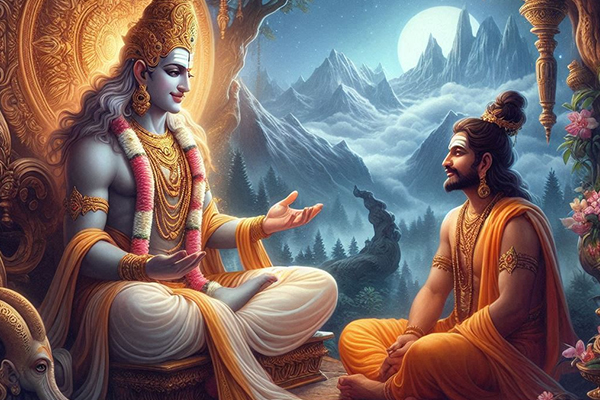
Brahmaji replied, 'Oh Narada, partaking in an evening meal has the power to cleanse the soul of sins accumulated over two lifetimes, while abstaining from food throughout the day has the ability to purify the spirit of sins gathered over seven lifetimes. By observing the Prabodhini Ekadashi fast, one can effortlessly gain even the most unattainable materials in the three worlds. This fast's power can eradicate even the most profound offences in a moment. In a single moment, the fast has the power to erase countless misdeeds from past lives.

Those who follow the practice of fasting in alignment with their inner essence are able to experience the deeply satisfying rewards it brings. Every tiny act of goodness, when done with unwavering dedication, becomes as unshakeable as a towering mountain.
Those who have a deep commitment to observing the Prabodhini Ekadashi fast will find that their sins from countless lifetimes are completely wiped away. Those who remain aware on the sacred night of Prabodhini Ekadashi promise the liberation of ten generations prior to and following them in the divine realm of Bhagwan Vishnu.
Staying awake on the night of Prabodhini Ekadashi has the power to cleanse and purify, eliminating even the most severe sins like Brahmahatya. The value of remaining awake on this night surpasses that of conducting Ashvamedha Yajnas. There is an enormous significance in the act of visiting sacred sites and making generous offerings. It is said that the merit gained from such acts is comparable to the merit acquired by remaining awake on the auspicious night of Prabodhini.
Within this realm, one's existence attains fulfilment when they embark on the sacred journey of purifying their ancestral heritage through the observance of the Prabodhini Ekadashi fast. Within the abode of those who faithfully observe this fast, lies a sanctuary that holds the essence of all sacred places in the world.
Observing the Prabodhini Ekadashi fast is a wonderful way to bring pleasure to Bhagwan Vishnu, as it holds a special place in His heart. Through its power, one is freed from the eternal cycle of life and death. It has the power to soothe transgressions made in actions, words, and thoughts.
During Prabodhini Ekadashi, when Bhagwan Vishnu is worshipped, the burdens of youth and old age are washed away, leaving behind a sense of purity and renewal. Remaining conscious on this particular evening brings forth immeasurable blessings compared to cleansing oneself during a celestial phenomenon.
The significance of observing the Prabodhini Ekadashi fast surpasses the merit of all virtuous acts performed throughout life. It is essential to adhere to this fast in order to preserve one's hard-earned merit.
It is important to follow the prescribed rituals when worshipping Bhagwan Vishnu. Those who refrain from consuming food prepared by others during Kartika month will receive the blessings of observing the sacred Chaturmasya vow.
During the sacred month of Kartika, immersing oneself in the scriptures brings immense joy to the divine. It is a time of deep spiritual connection and devotion, where the heart is open to receiving divine wisdom and guidance. The act of listening to the scriptures becomes a profound offering, a way to honour and please the Bhagwan in a way that surpasses all other offerings. It is a beautiful practice that nourishes the soul and strengthens the bond between the seeker and the divine. Engaging in the recitation or listening of divine narratives during this sacred period bestows the blessings equivalent to the benevolent act of donating a hundred cows.
Curious to learn more, Narada eagerly enquired about the process of observing the fast and the spiritual benefits it brings.
And so, it is said that one must awaken in the sacred hour before dawn, cleanse their body and mind, and make a solemn commitment to abstain from food on this auspicious day. It is believed that seeking the blessings of Bhagwan Vishnu and commencing the fast with sacred worship is a way to ensure protection.
Embrace the enchanting night, where souls gather to bask in the divine presence, expressing their joy through melodic songs, graceful movements, and captivating tales. It is important to present a generous offering of flowers, incense, and heartfelt worship to the divine.
Presenting water with a conch to the divine bestows immeasurable blessings, far surpassing any act of charity towards a sacred destination. When one offers Agastya flowers in worship, even Indra himself is humbled. Experiencing the profound power of Bilva leaves brings about a sense of liberation.
Engaging in the sacred ritual of offering Tulsi leaves can cleanse the soul of sins accumulated over countless lifetimes. Planting Tulsi in the sacred month of Kartika or tending to it in any manner grants one the privilege of dwelling in the divine realm of Bhagwan Vishnu for countless ages.
Presenting Kadamba flowers to the divine deity ensures liberation from pain in the realm of Yama. Embracing the beauty of rose flowers brings about a sense of liberation. Embracing the beauty of Bakul and Ashoka flowers brings eternal freedom from sorrow.
Offering white and red Kaner flowers in worship brings great joy to the divine. According to ancient beliefs, offering Durva grass during worship is said to bring about a hundredfold increase in merit compared to other offerings. Immersing oneself in the beauty of Shami leaves allows for a seamless journey through the realm of Yama. Engaging in the sacred ritual of offering Champak flowers grants liberation from the eternal cycle of life and death.

Sharing the tale of offering a precious Ketaki flower can bring about the liberation from countless lifetimes of wrongdoing. By offering worship to the beautiful yellow and red lotuses, one can attain a sacred place in Shveta Dvipa.
Following a night of devout worship, it is customary to cleanse oneself in a flowing river at the break of dawn before returning home to carry on with the sacred rituals. It is customary to end the fast by providing nourishment to Brahmins, presenting them with gifts, and showing them utmost reverence.
It is important to show reverence to the Guru and make a donation as a way to complete the fast. Those who engage in the practice of fasting and choose to sleep on the ground are encouraged to generously contribute bedding and other essential items to those in need. Those who embrace the power of silence are encouraged to offer a humble contribution of sesame seeds adorned with the preciousness of gold.
Those who choose to embrace the vow of going barefoot are encouraged to generously donate their sandals. Those who choose to avoid salt may consider contributing sugar instead. For those who have a penchant for weaving tales and painting vivid pictures with words, there is a beautiful tradition that calls upon them to contribute to the sacred ambiance of temples. It is said that those who have a creative spark within them can enhance the spiritual atmosphere by offering a copper or gold lamp, filled with fragrant ghee and adorned with a delicate wick.
After completing the Chaturmasya vow, it is customary to resume consuming the food that was previously abstained from during the fast. Those who faithfully observe the Prabodhini Ekadashi fast with all its rituals are said to experience boundless joy and ultimately find themselves in a heavenly realm.
Those who successfully fulfil the Chaturmasya vow without any interruptions are believed to transcend the cycle of rebirth. It is important for individuals to honour their commitments and, if they falter, to begin again with renewed determination. Those who engage with or immerse themselves in this tale of the Ekadashi will be blessed with the same merit as if they had performed an Ashvamedha Yajna.
Prabodhini Ekadashi Fasting & Procedure

Prabodhini Ekadashi Vrat starts on the morning of Ekadashi and the Sankalp(intension) of observing the Vrat(fast) should be taken after having bath early in the morning.
The devotee should specify whether he/she is keeping partial or complete Vrat/fast.
Invoke and worship Bhagwan Vishnu.
The best fasting is dry fasting, Nirjala Vrat, which means, fasting without drinking water and food. One can observe partial fast by drinking water and abstaining from food.
However, devotees should be aware of what their body and health and fast accordingly. Fruit and Milk diet is also a common way to observe fast on this day.
Beans and grains are prohibited to eat on Ekadashi for devotees who are fasting by eating one meal on Ekadashi. Non vegetarian food, onion, garlic is strictly not allowed on Ekadashi and Dwadashi.
Prabodhini Ekadashi Importance & Significance
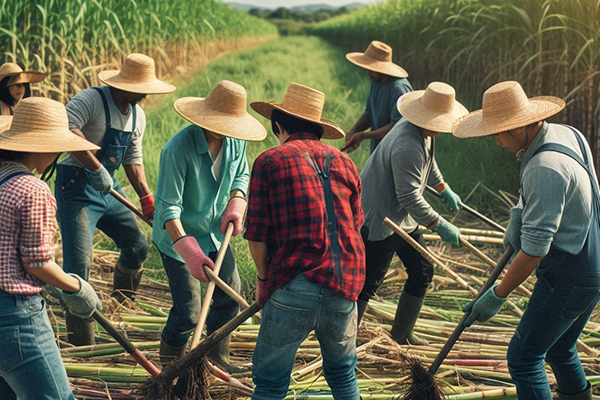
Prabodhini Ekadashi also celebrates the start of sugarcane harvest. The farming communities across the country perform a special puja in the field and ritually cut some sugarcane steaks with some spread at the boundary of the field. After this ritual, they donate five canes to a Brahmin, blacksmith, a carpenter, a washerman and take home five of them. Farmers make the beautiful figures of Vishnu and Goddess Lakshmi on a wooden board with cow dung and butter.
Then they tie sugarcane together at the top and place it round the board. Some cotton, betel nut, lentils and sweets are offered along with a yagna (fire sacrifice). Later, they break the sugar canes and hang them on the roof till Holi. During Holi, all the canes are burnt.
Prabodhini Ekadashi “Daan” (Donation):
Donation on Prabodhini Ekadashi is considered highly auspicious and commendable. Here are some suggested items to donate on this sacred day:

Food items:
- Rice, wheat, and other grains.
- Fruits and vegetables.
- Cooked meals to the needy and hungry.
Click Here to Book Food Donation (Ann Daan)
Clothing:
- New clothes for the poor and underprivileged.
- Warm clothes, blankets, and shawls, especially in cold areas or winter seasons.
Click Here to Book Clothes Donation (Vastra Daan)
Money and benefaction:

- Financial donations to temples, charitable organisations, or directly to those in need.
- Supporting the education of underprivileged children by donating to schools or educational charities.
Religious Items:
- Books on spirituality and religious scriptures.
- Items used in worship like incense sticks, diyas (lamps).
Shelter and Support:

- Donating to shelters for the homeless or animal shelters.
- Contributing to the construction of schools, hospitals, and community centres.
Cows and Animal Care:
- Donating to goshala (cow shelters) or animal welfare organisations.
- Providing food & fodder and other essentials for animals.
.jpg)


-in-Astrology.jpg)
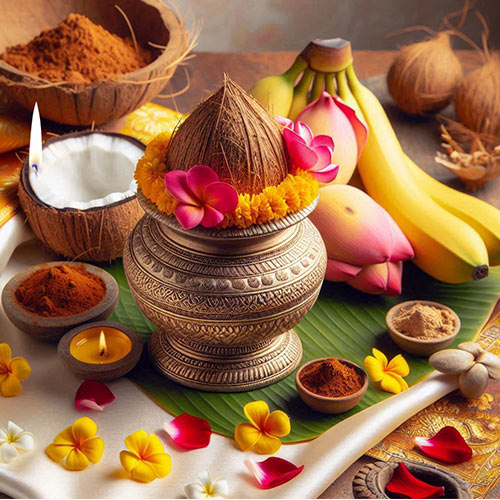
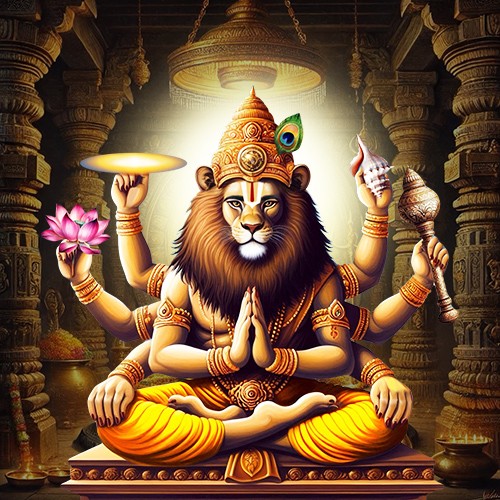
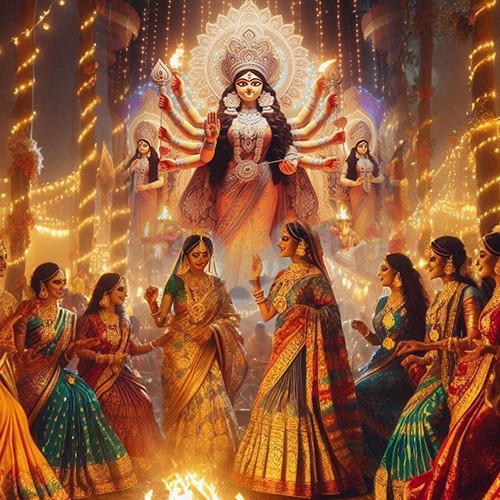
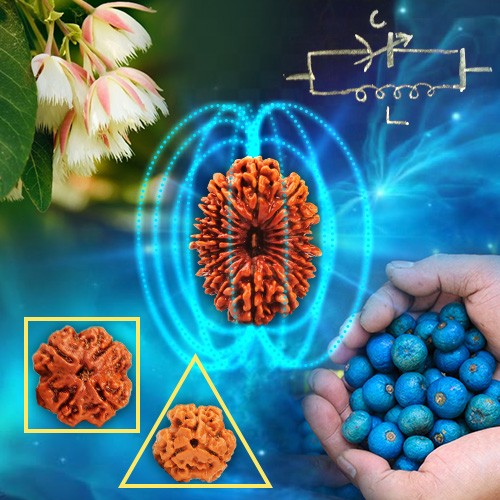

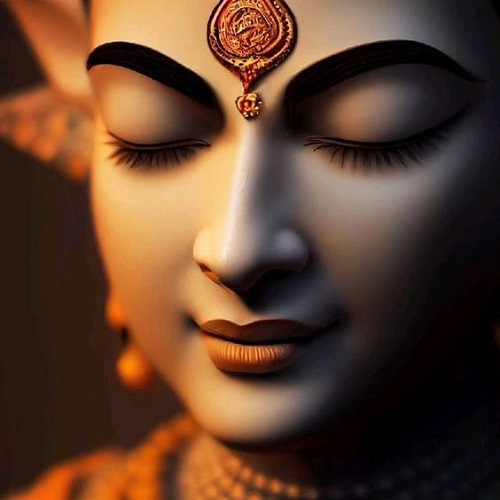
.jpg)
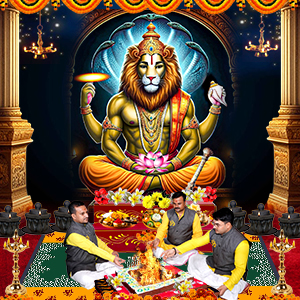
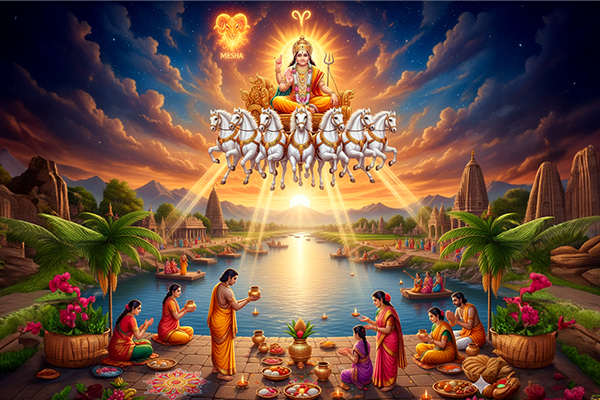

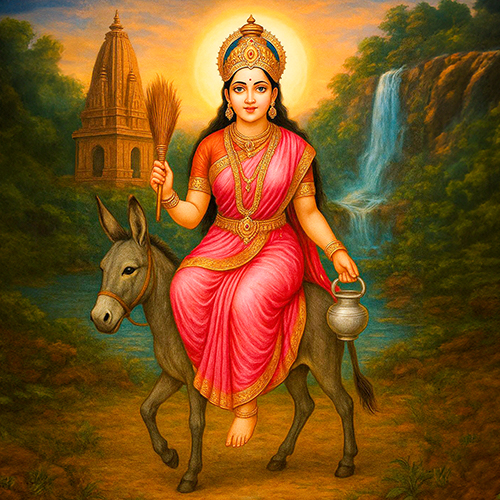
Comments 0
Leave your thought here